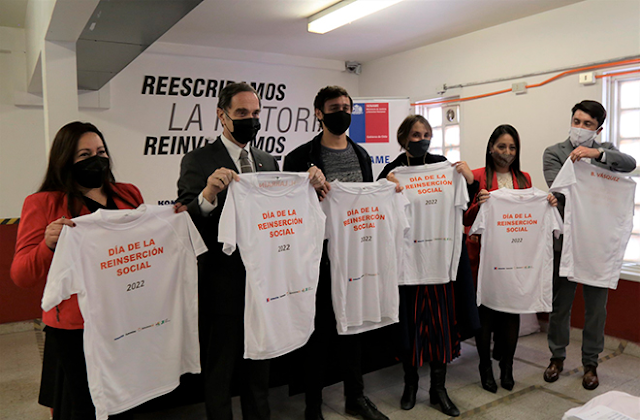Por Rodolfo Varela
Santiago, 18 de julio de 2025
En este Día de la Reinserción Social, cuando diversas instituciones se reúnen para debatir sobre inclusión y justicia social, Chile enfrenta una verdad incómoda: mientras se habla de reintegrar a quienes han pagado sus deudas con la sociedad, seguimos abandonando a quienes fueron víctimas del terrorismo de Estado.

A más de cinco décadas del golpe militar de 1973, el país avanza a paso lento —y muchas veces con freno institucional— en materia de derechos humanos. El Plan Nacional de Búsqueda, aunque constituye un gesto relevante, no puede ocultar las trabas y omisiones que persisten en los poderes político, judicial y religioso, los mismos que callaron cuando ardían las casas, se llenaban los estadios de prisioneros y desaparecían nuestros hermanos.
Silencios cómplices que duelen
Durante los años más oscuros de la dictadura, el Congreso fue disuelto, la justicia fue cómplice o indiferente, y la Iglesia Católica —salvo honrosas excepciones— guardó un silencio ensordecedor. Hoy, muchos de quienes entonces callaron, continúan callando. Algunos incluso siguen ocupando cargos de poder, dictando cátedra sobre democracia sin haber rendido cuentas morales ni judiciales.

El caso del ministro José Tohá, asesinado por la dictadura, cuya reapertura del caso ha sido solicitada recientemente, es apenas un símbolo entre cientos de causas abiertas, truncadas o simplemente ignoradas. Cada desaparición forzada es una herida que supura memoria, dignidad y exigencia de justicia.
Políticas que avanzan… a medias
Chile ha ratificado tratados internacionales, ha creado instancias como el Instituto Nacional de Derechos Humanos (INDH), y ha implementado políticas como la reforma de pensiones que incluye a beneficiarios de leyes reparatorias, pero estas medidas no bastan cuando no hay voluntad real para remover las estructuras de impunidad.
La reciente Política Nacional de Seguridad y Salud en la Minería o los programas de reinserción social merecen reconocimiento, pero no deben ser usados como vitrinas para encubrir la inacción frente a las heridas abiertas del pasado.
¿Dónde están los responsables?
Muchos agentes del Estado, uniformados, funcionarios civiles, jueces, obispos y políticos siguen impunes, protegidos por un sistema que todavía prefiere mirar hacia adelante sin mirar hacia adentro. La justicia no puede seguir siendo un privilegio de quienes tienen poder, mientras las familias de los detenidos desaparecidos envejecen sin respuestas.
Reinserción también es reparación
Hablar de reinserción en Chile, hoy, implica también hablar de reparación integral, de verdad sin censuras, y de justicia sin pactos de silencio. No es posible una sociedad verdaderamente reconciliada mientras los poderes continúan omitiendo su responsabilidad histórica.
Hoy, más que nunca, necesitamos una ciudadanía que exija con fuerza y sin miedo. Porque cuando los poderes callan, la memoria debe gritar.


